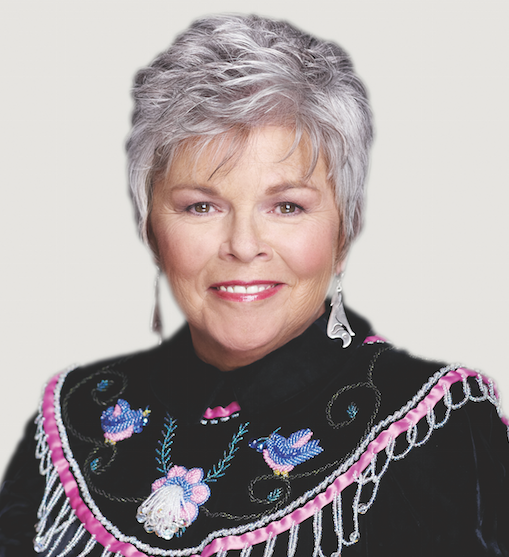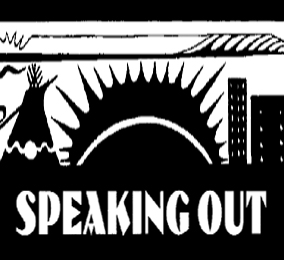Coast Salish Territory (Vancouver, BC) – On June 2, 2015 Justice Murray Sinclair provided the Truth and Reconciliation Commission’s (TRC) Final Report, “Honoring the Truth, Reconciling for the Future”, during the TRC closing events in Ottawa. The TRC concluded a five-year mandate to create awareness about and document the history and on-going legacy of the Indian residential school system as well as guide and inspire a process of truth, healing, and reconciliation. The First Nations Leadership Council provided the following comments on reconciliation and the closing of the TRC:
Grand Chief Stewart Phillip, President of the Union of BC Indian Chiefs stated, “We agree with many of the findings of the TRC final report and unquestionably agree that we all must recognize our collective history.
“In order to reconcile for the future, let us truly honour the truth: the State of Canada and the Church committed acts of genocide as defined by the United Nations’ Convention on the Prevention and Punishment of the Crime of Genocide. On this day, as Indigenous Peoples we have endured, survived and we are now honoured to carry our Inherent Rights, Title and Treaty Rights on behalf of our children and grandchildren. The TRC’s 94 recommendations are calls for action by all levels of government and must be implemented as the bare minimum to respect, recognize and reconcile for the sake of our future generations.”
Chief Maureen Chapman, Spokesperson for the BC Assembly of First Nations reflected, “The Truth and Reconciliation Commission was tasked with the challenging but imperative role of honoring survivors. The Commission reflected on the residential school experience and on a path forward built on principles of reconciliation. The resultant report is a testament to the fact that the residential school experience cannot be isolated from the broader history, including policies and legislation aimed at disconnecting First Nations from their culture, lands, and nationhood, thus contributing to the current challenges facing our communities.”
Chief Chapman added, “The TRC has spurred a national dialogue and there is an important opportunity now for Canada and the Provinces, in partnership with First Nations, to jointly commit to change. Bold action is required. Reconciliation must be supported by a legislative framework that not only encompasses the TRC’s recommendations but supports mechanisms for on-going reconciliation between First Nations and the Crown. This is the important work ahead of us all.”
“If the federal government is truly serious about the process of reconciliation, it will take immediate steps to fully implement all recommendations contained within the final report of the TRC,” said Grand Chief Edward John of the First Nations Summit political executive.
“We commend Justice Sinclair, the TRC Commissioners and all of the TRC officials that worked tirelessly to tell the stories of the survivors and expose the truths about this horrific time in our history. This work has played a vital and necessary role in beginning the lengthy process of reconciliation. Collectively, we must also stand up together to recognize and celebrate the courage of all of the survivors who have stepped out of the dark to share their stories, their histories, their truths of the depths and consequences of the multi-layered and intergenerational impacts of the Indian Residential School system. Without their voices, the path towards reconciliation would be nothing but a void of silence.”
The Truth and Reconciliation Commission (TRC) was established under the terms of the 2007 Residential School Settlement Agreement. The TRC has organized seven national events and gathered over 7,000 statements from survivors.
The First Nations Leadership Council is comprised of the political executives of the BC Assembly of First Nations, First Nations Summit, and the Union of BC Indian Chiefs.
by Donald Bain





Be the first to comment on "First Nations Leadership Council urges Canada to implement all 94 TRC recommendations"